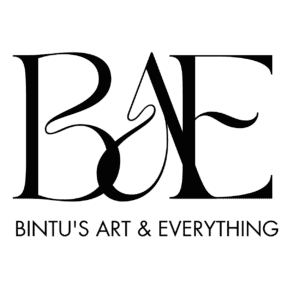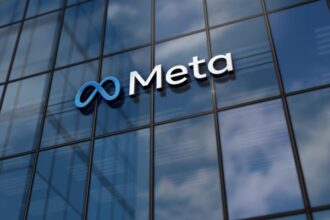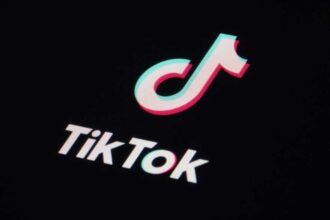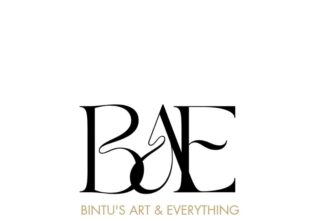As Nigeria stares down the possibility of losing access to Facebook and Instagram, many citizens are asking the same question: Why don’t we have our own social media platforms?
The global tech giant Meta — owner of Facebook, Instagram, and WhatsApp — recently threatened to shut down services in Nigeria after a tribunal upheld a $220 million fine against the company. The fine, issued by Nigeria’s Federal Competition and Consumer Protection Tribunal in 2024, stemmed from Meta’s violation of the country’s data protection and competition laws.
Now, the possibility of Meta’s exit has sparked public outcry and renewed conversations about digital independence, local innovation, and data sovereignty.
Why Nigerians Are Demanding Homegrown Alternatives
Across the country, digital natives and casual users alike are calling for the development of indigenous social networking platforms. For many, this moment is more than just a standoff between a tech company and a regulator — it’s a wake-up call.
“We cannot continue to be controlled by these foreign platforms,” said Moses Atuegwu, a WhatsApp user. “We should have an alternative that is indigenous-based.”
Another user, Pearl Adekunle, shared a similar sentiment:
“China and Russia have their own social media platforms. It helps with data protection and boosts their tech economy. Nigeria can do the same.”
This growing push for local platforms is not just about patriotism — it’s about security, economic opportunity, and long-term resilience.
Meta vs. Nigeria: What Sparked the Crisis
Meta’s threat came after the Nigerian tribunal found the company guilty of:
- Transferring user data without authorisation
- Denying Nigerians control over their personal data
- Applying discriminatory policies to Nigerian users
- Abusing its dominant market position in unfair ways
The tribunal also ordered Meta to pay $35,000 in investigation costs. In response, Meta described the ruling and resulting fine as excessive — and warned that it may be forced to suspend operations in the country.
But according to the Federal Competition and Consumer Protection Commission (FCCPC), Meta’s exit threat is simply a tactic to sway public opinion and escape regulatory consequences.
Why Nigeria Needs Its Own Digital Platforms — Now More Than Ever
This isn’t the first time global tech companies have clashed with African regulators — and it won’t be the last. But as dependence on social media continues to grow, Nigeria’s digital vulnerability becomes clearer.
Building homegrown social platforms isn’t just a political move — it’s a strategic step toward digital self-reliance. Here’s why:
- Stronger Data Protection: Locally hosted platforms offer better control over user data and privacy standards.
- Economic Growth: A Nigerian-built platform creates jobs, encourages tech talent, and keeps ad revenue within the local economy.
- Cultural Relevance: Indigenous platforms can be designed to reflect Nigerian culture, language, and digital behavior patterns.
- Policy Enforcement: Homegrown platforms are easier for the government to regulate in line with national laws.
Startups, Here’s Your Chance to Innovate
This is a golden opportunity for Nigerian tech entrepreneurs, software developers, and investors. The demand is clear. The market is ready. All that’s missing is a product that can meet Nigerians where they are — online, mobile, and hungry for connection.
Instead of waiting for the next global tech fallout, let’s start building:
- Social media platforms designed for Nigerian users
- Video-sharing and streaming services with local creators at the center
- Messaging apps with enhanced privacy and native language support
Whether you’re an investor, engineer, or digital strategist — this is your moment to think local, build local, and grow global.






